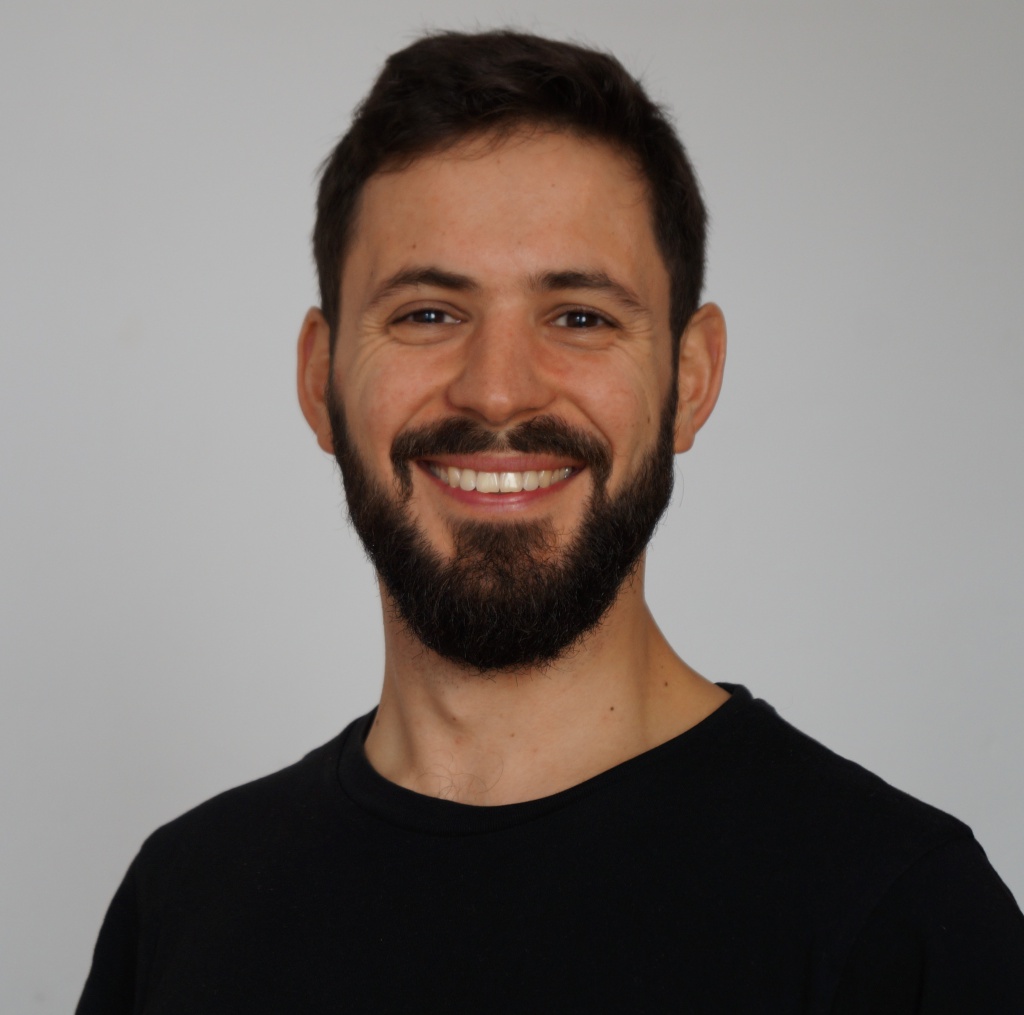I joined CARMAH in May 2019 as a PhD researcher to work on practices of memory and anticipation amid climatic and seismic disasters. With my research I aim to understand how different actors remember and anticipate extreme events and the consequences that those diverse practices have in the creation of past and future temporalities in urban environments.
I take the case of Ancash in Peru, a region that has suffered from several floods and seismic events over the last decades. The research builds upon the analysis of historical documents as well as in-depth interviews and participatory observation. A significant part of my work deals with the collection of memory testimonies of past catastrophes, including stories, poems, songs and theatre plays, among others. With these sources I aim to explore processes of mourning and recovery in the aftermath of disasters and anticipation to future events taking place in a zone where scientific groups, lay citizens, indigenous cosmologies and state agencies come into conflict – sometimes in an irreconcilable way.
Climate change brings new challenges to this discussion as it requires thinking on risks with highly uncertain consequences. How can the memory of past events be articulated with highly uncertain futures? How do we anticipate events that we have not experienced so far?
I have a background in sociology and geography. Before joining CARMAH, I worked as a research associate at the Institute of Geography of the Heidelberg University focussed on participative methods for flood-risk assessment. I also take part in the Stadtlabor of the Institute for European Ethnology and the IRI THESys’s graduate group.

